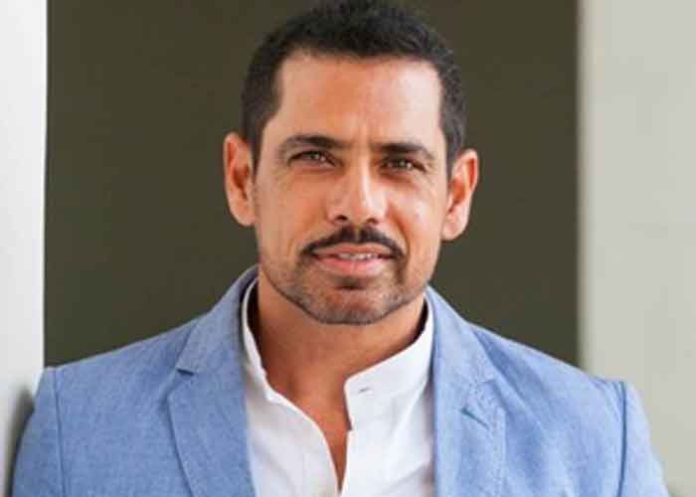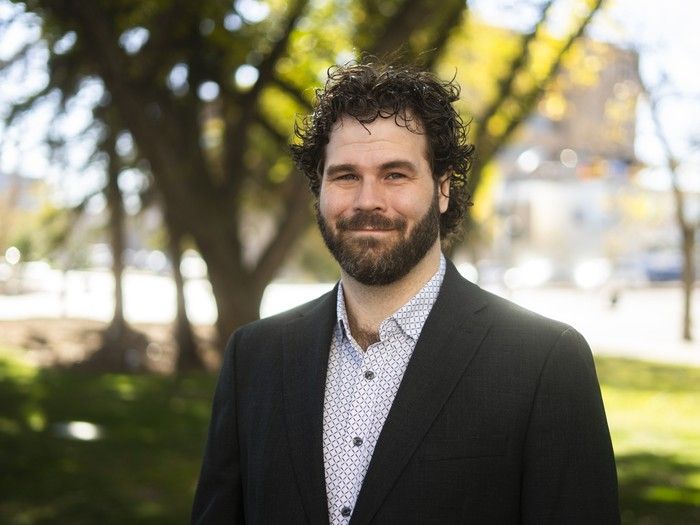Hilliard Eta is the chairman-designate of the National Youth Service Corps (NYSC) Board. In this interview, he speaks on the proposal for the extension of the scheme and why upgrading the skills of participants is very relevant. He also speaks on certain policies that the government has introduced to empower participants, among others.
JOY ANIGBOGU brings the excerpts: What are your thoughts about the proposal by the Minister of Education for the extension of the NYSC? I will say that the scheme has gone on to where Nigeria now has about 276 universities and more than almost close to a million graduates every year. And given this, the logistical situation, the insecurity in the country, the employability of these graduates and perhaps the lack of skill of most of the graduates that have come out has posed a problem and this has caused a lot of people to ask for the scrapping of the scheme. So, put it side by side with other countries that have had this kind of scheme, countries like Israel, countries like South Korea, where they have used this scheme to strengthen the defense of their country, to help in productivity, especially in sectors like agriculture and the provision of infrastructure.

That has become a conversation that we must have. For me, my take is that the NYSC is still a very relevant scheme if it is tailored toward the national development and the key sectors and the relevant sectors as we have it today. The Minister of Education is not the first person who has called for the extension of the scheme.
All of these interventions need for all the stakeholders to sit down and see whether the scheme needs extension. Because given, for instance, the vocational training aspect of the scheme, which has not been expanded to accommodate a lot of the participants in this case, is expanded and made to be relevant to the Nigerian economy. If we now look at the core as providing the personnel for the training of perhaps military personnel in the country to help in the security of the country, all of these can be situated in perhaps a conversation where we can now decide whether it is possible to increase the time that is allocated for the scheme.
For now, it is a suggestion that has been made. Other suggestions have also been made. I think that we will find a proper channel, a proper environment to sit down and decide whether these are some of the suggestions that we can put on it with regards to the scheme.
Now, looking at what it even takes to become a Nigerian graduate, where students spend a lot more than four years in school, sometimes two times the amount, or you pair that with the high youth unemployment rate that our country is experiencing, is the extension of an NYSC proposal not one that is simply delaying graduates’ entry into the workforce? It might sound to an extent that it might be creating more of a problem than it’s solving...
Thank you for bringing that up. It is unfortunate that most times the number of years that one should spend in a tertiary institution is extended by circumstances beyond the control of the students. I think that there are certain policies that the government has brought out that will help in taking care of those kinds of things, one of which is the student’s loan fund, which will help the student to finish on time if he can apply or deploy the loan to his studies.
The other thing is also the relationship between government and the unions in the Nigerian university system or the Nigerian tertiary institution system that will allow for people to go through their courses in an agreed time frame. Having said so, I want to think that one of the things that we have observed is the ability of most of the graduates that have come out of the universities, and if the NYSC is going to help in giving them the kinds of skills that they need to navigate life, then we need to even think about expanding the vocational training environment in the scheme and making them, especially now that the world is going Artificial Intelligence (AI) and Information and Communication Technology (ICT), we need a lot of time for us to push our people into those areas and see how we can compete with others in the world. But based on what you said about the employability of the graduates, would it make more sense to collaborate with the university so that as the students are going through their education, then they also have that vocational training, talking about while they’re in school so that they can be employable as opposed to going through school maybe for six years, then being delayed in the workforce because of the potential extension.
So would you think it’s worthwhile considering collaboration while they’re in school as opposed to after that? No, that is exactly what I have said. We’re having this conversation now. So what you have suggested is not off the table.
Every viable suggestion will be part of the conversation that we’re going to have, and we must have that conversation now because the National Youth Service Corps Scheme is quite relevant to our nation. And if we must have that conversation, we’re going to have it now. The suggestion about additional training, the time frame where you are in the university or the polytechnic or the College of Education, wherever you are, makes sense.
It makes sense in truth because Nigeria needs more people with skills than ever before. Remember that as of 1973 when this scheme started, where we had less than 100,000 graduates from only the six universities we had at the time, they were assured of government employment. The public service was in actual desire for these people to graduate on time and come into the public service to help Nigeria grow at the time.
But as you know today, the public service is saturated, and then we need people employed in the private sector to be employable. Now if they cannot be employed in the private sector, they have to have the skill to go into entrepreneurship. These are some of the things that we are considering.
But as I said earlier on, there are stakeholders around this conversation. One person cannot be the only or come up with the solution to all of these situations that we have. I think that the best thing to do at this point is to have that conversation.
The moment we have that conversation, it will come out. Apparently, employability is at the core of this conversation. Thankfully, one of the things being touted is the expansion of the skill acquisition and development programme, which of course the NYSC participants take part in.
But I would like to know how you think the NYSC can leverage to improve the experience and also skill acquisition of these participants. Because we’ve gone beyond the world is going digital. How do you think the NYSC can leverage technology to improve the skill acquisition part of the NYSC? Well, thank you very much.
When I was briefed about the, informally though, because I’m yet to be inaugurated as the chairman of the governing board of the NYSC. But when I was informally briefed, I was surprised that as of today, none of the camps of the NYSC is a smart camp. Now you’re going to put about between 1,000 to 2,000 youth.
There are so many skills that they can be exposed to, leatherworks and all of the things that will upscale their skills and make for entrepreneurship ultimately. Let me say here that there is what the president has established in Nigeria that is called the Nigeria Youth Fund. Now my attitude is that perhaps this is the most critical demography within the youth population.
And if their skills are upscale, there is nothing wrong with the NYSC also creating an access for them to seamlessly attract this youth fund that has been created by the president. This for me, I think that if you cannot gain entry or gain employment into the Federal Government or the public service, or you cannot gain employment into the private sector, you should be able, using the skills that you have acquired, set up a startup of your own using the Nigerian Youth Fund. This is all of the things that we are playing around to see that the Nigerian youth is effectively mobilized for the new era.
.
Politics

NYSC Is Very Relevant If Tailored Towards National Development – Eta

Hilliard Eta is the chairman-designate of the National Youth Service Corps (NYSC) Board. In this interview, he speaks on the proposal for the extension of the scheme and why upgrading the skills of participants is very relevant. He also speaks on certain policies that the government has introduced to empower participants, among others. JOY ANIGBOGU brings the excerpts: What are your thoughts about [...]















